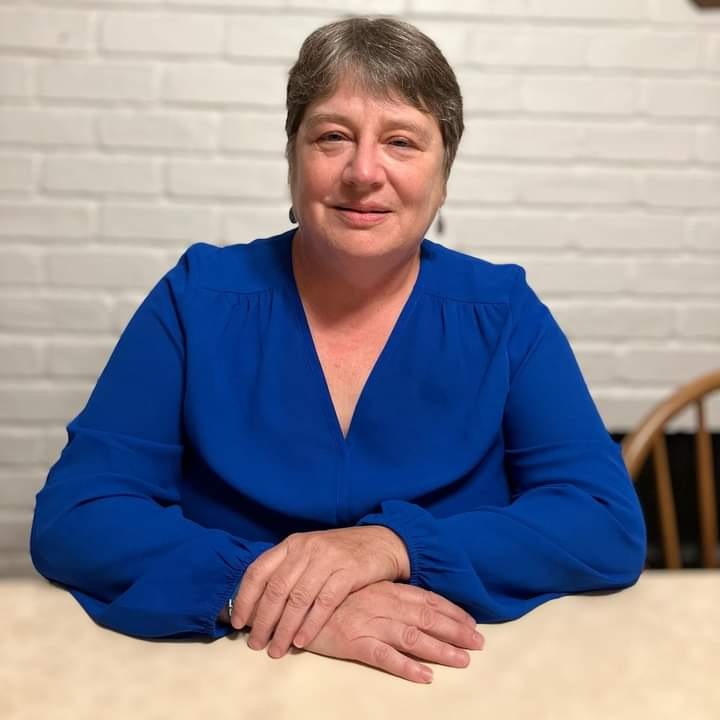
For the third time since March, Lowe's Companies, Inc. plans to issue hazard pay to its full-and part-time employees in contrast to other companies that have already ended their pandemic bonuses and temporary hourly increases for essential workers.
In mid-July, full-time hourly Lowe’s employees are slated to receive an additional $300, and part-time and seasonal associates will receive $150. Lowe’s says it is allocating a total of $100 million for the payments to acknowledge those who have been working during the novel coronavirus pandemic.
"This year has been full of challenges and uncertainty, and we are tremendously grateful for the hard work, dedication and commitment of our front-line associates," said Marvin Ellison, Lowe's CEO and president, in a prepared statement.
The most recent wave of bonuses brings Lowe’s total hazard pay allocation to $450 million since March. Payments of $300 and $150 were made to both full- and part-time employees in March and May. Besides the bonuses, the company raised the hourly rate for full-time, part-time and seasonal associates by $2 for the month of April. Profit-sharing bonuses to front-line associates totaling $87 million were announced in June. Telemedicine services are also offered to all Lowe’s employees and families, even those not enrolled in the company’s health insurance plans.
Additionally, in May Lowe's announced $25 million in funding to support community and employee needs, including an employee relief fund and personal protective equipment for medical professionals. Employees are also eligible for 14 days of emergency paid leave, and emergency paid leave has been expanded to as much as four weeks for those groups at high risk for COVID-19.
Lowe's actions stand out when compared to other large U.S. retailers. Some companies began eliminating bonuses and temporary hourly pay increases in May and June — just as the pandemic was starting to ramp up in many parts of the country. Starbucks had increased hourly wages by $3, but that boost lasted only until the end of May. Rite Aid, Kroger and Amazon also ended their bonuses and wage bumps. Target's hazard pay of an extra $2 per hour for workers in stores and distribution centers came to an end on July 4.
Retail and other essential workers are arguing that while the spread of the coronavirus may have slowed in some areas, they still remain at risk and can’t afford to take time off or leave their jobs. Many states are now requiring customers to wear masks when entering stores and businesses, but not everyone complies — and many essential workers have reported that they must bring their own personal protective equipment, such as masks and gloves, to work.
The United Food and Commercial Workers’ Union (UFCW) in Southern California is calling on grocery giant Kroger to continue bonus pay and continue enhancing safety practices. In May, the U.S. House of Representatives passed a $3 trillion coronavirus relief bill with funding for local and state governments and families, including $200 billion in hazard pay for essential workers. Republicans have said the bill is unlikely to pass in the Senate.
“As long as we are wearing gloves, as long as we are wearing masks and social distancing, it seems obvious to me that we are working in hazardous circumstances,” argued John T. Niccollai, president of UFCW Local 464A, in the Wall Street Journal. “It is manifestly unfair to eliminate the hazard pay at this point.”
Sign up for the weekly Brands Taking Stands newsletter, which arrives in your inbox every Wednesday.
Image credit: Lowe’s

Ellen R. Delisio is a writer who lives in Long Island, NY. Over the past 30 years, her writing has focused on life science, sustainability, education issues and electric vehicles. Ellen is an avid reader and beach-goer.














